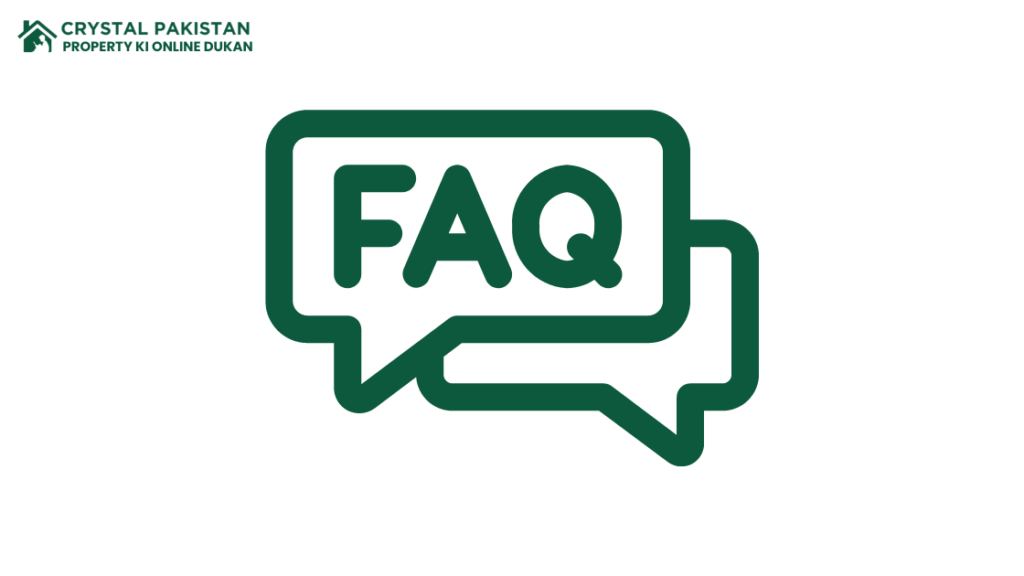Investing in affordable housing projects in Pakistan can be a lucrative endeavor that not only generates returns but also addresses the growing demand for quality housing in the country. With a rapidly increasing population and urbanization, the need for affordable housing solutions has become paramount. This article will guide you through the steps and considerations to effectively invest in affordable housing projects in Pakistan.
Introduction
Investing in affordable housing projects is not only a smart financial decision but also a contribution to the socio-economic development of Pakistan. The key lies in understanding the market dynamics, conducting thorough research, and making well-informed decisions.
Understanding the Market
Before investing, it’s crucial to understand the demand and supply dynamics of the affordable housing market in Pakistan. Analyze demographic trends, income distribution, and urbanization rates to gauge the potential demand for such projects.
Researching Locations
Selecting the right location is paramount. Look for areas with growing populations, access to essential amenities, and proximity to employment centers. Areas with upcoming infrastructure developments can also be promising.
Assessing Project Developers
Choose reputable and experienced project developers with a track record of delivering successful projects. Research their previous ventures, financial stability, and market reputation before partnering with them.
Legal and Regulatory Analysis
Understanding the legal and regulatory landscape is essential. Ensure that the project adheres to zoning laws, land acquisition regulations, and environmental standards. Obtain all necessary permits and approvals.
Financial Evaluation
Conduct a thorough financial analysis of the project. Evaluate the costs of land acquisition, construction, marketing, and overheads. Compare potential returns against these costs to assess the project’s profitability.
Risk Management Strategies
Identify potential risks such as changes in market demand, regulatory hurdles, or delays in construction. Develop strategies to mitigate these risks and have contingency plans in place.
Investment Options
Consider your investment options, such as direct investment, joint ventures, or real estate investment trusts (REITs). Each option has its own benefits and risks, so choose the one that aligns with your financial goals.
Government Initiatives
Stay informed about government initiatives and incentives aimed at promoting affordable housing. These initiatives can provide tax benefits, subsidies, and support that enhance your investment’s viability.
Financing Your Investment
Explore financing options available to you, including bank loans, private investors, or your own savings. Determine the most cost-effective and manageable way to fund your investment.
Construction and Project Timelines
Understand the construction process and project timelines. Delays can impact your returns, so monitor the progress regularly and ensure that the project stays on track.
Marketing and Sales Strategies
Effective marketing and sales strategies are crucial for the project’s success. Develop a plan to attract potential buyers or tenants, highlighting the affordability and unique selling points of the housing project.
Monitoring Progress
Stay actively involved in the project’s progress. Regularly visit the construction site, attend project meetings, and communicate with the development team to ensure transparency and accountability.
Achieving Sustainable Impact
Investing in affordable housing projects isn’t just about financial gains. It’s also an opportunity to make a positive social impact by providing quality housing to those in need. Strive to create sustainable communities that uplift residents’ quality of life.
Conclusion
Investing in affordable housing projects in Pakistan can be a rewarding journey that combines financial growth with social responsibility. By following the steps outlined in this guide, you can navigate the complexities of the market and contribute to the nation’s progress while reaping the benefits of your investment.

FAQs
Is investing in affordable housing considered a safe investment?
Investing in affordable housing can be relatively safe, but it requires thorough research and risk management.
What role do government incentives play in these projects?
Government incentives can significantly boost the viability of affordable housing projects by providing financial benefits and support.
Are there financing options tailored for affordable housing investments?
Yes, some financial institutions offer specific loan products for affordable housing projects.
How long does it typically take to complete an affordable housing project?
Project timelines can vary, but on average, it can take anywhere from 2 to 4 years to complete an affordable housing project.
What are some key features that make an affordable housing project attractive to potential buyers?
Proximity to essential amenities, affordability, modern design, and community facilities are all attractive features for potential buyers. How to Invest in Affordable Housing Projects in Pakistan



Join The Discussion